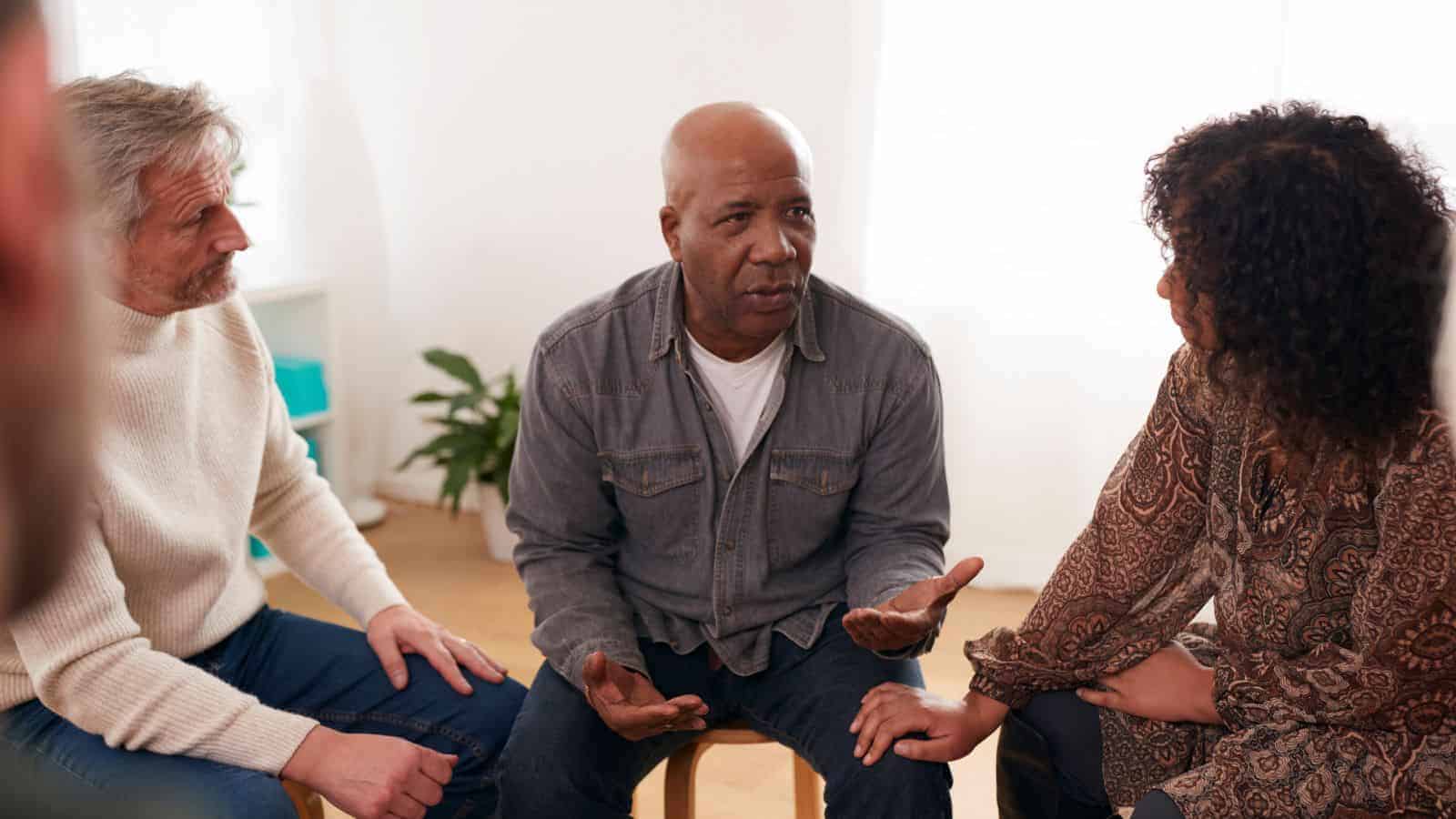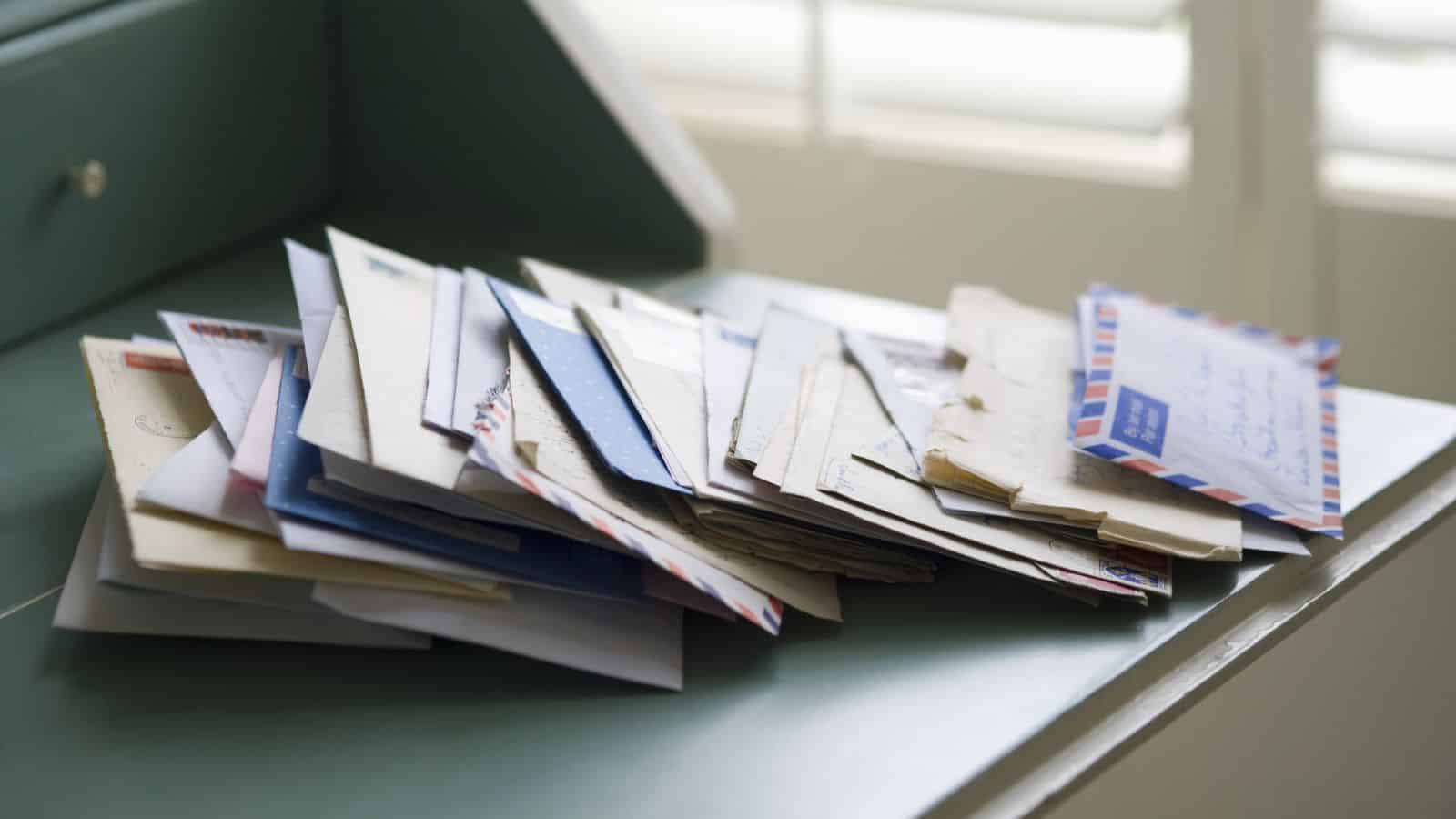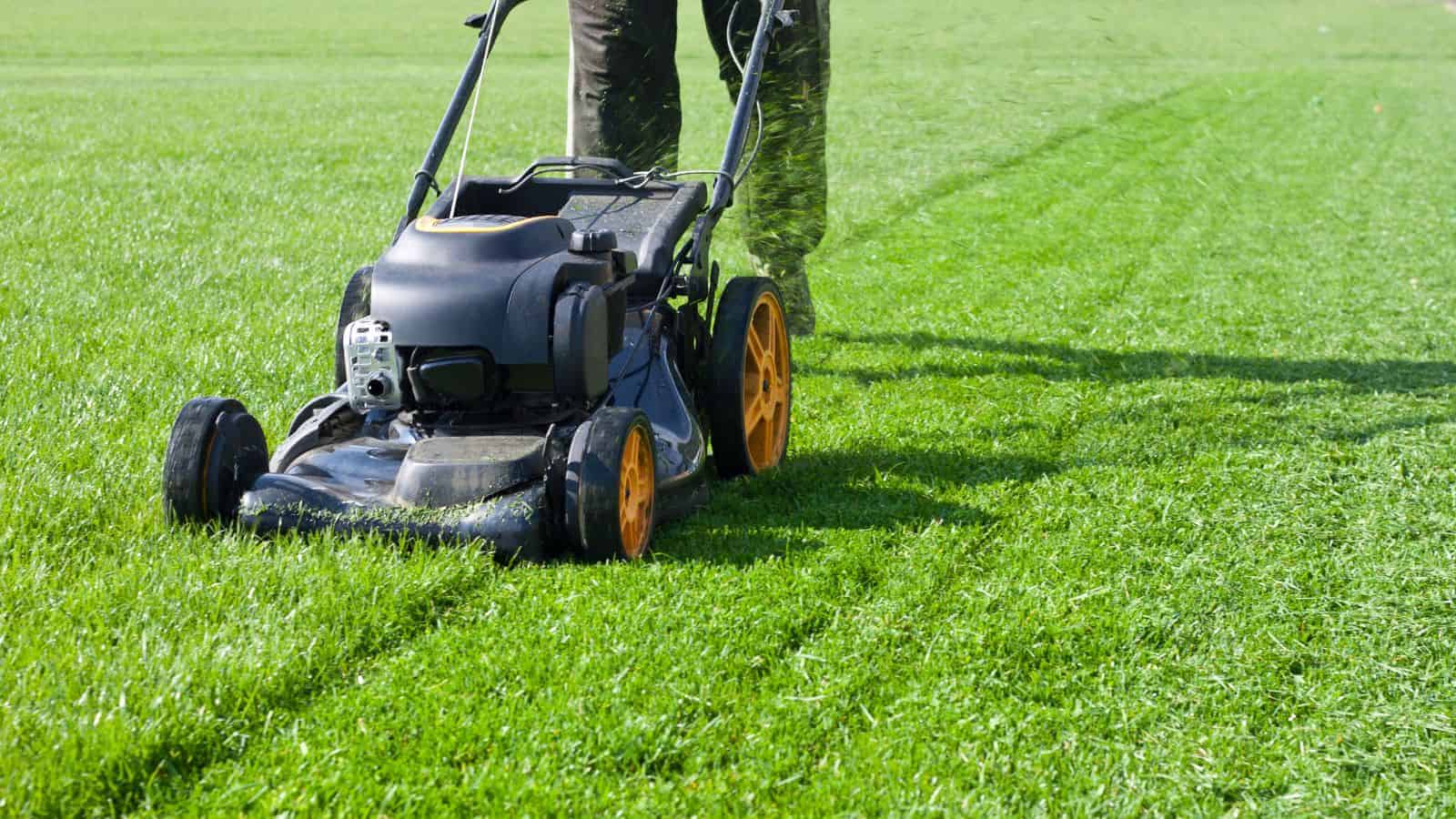When you lose a loved one, you know you need to let people know about the loss, arrange a funeral, and try to hold it together for your family. But there are so many other little things that people can overlook after someone dies.
Tell the person’s employer

If the person had a job, you should let their employers know that they won’t be back. This will prevent any unexpected phone calls from angry bosses wondering why their employee hasn’t turned up for their shift, and the employer can inform other colleagues and friends of the deceased in the company.
Inform necessary utilities

Everyone uses so many utilities and when a person passes, these will all need to be informed. Their phone provider, electricity supplier, water, cable, internet, and many more. Life Ledger explains that “Once the utility company has been informed of the death, they can either close, freeze or transfer the account, as you require.”
Look after pets

It’s hard to overlook a dog or a cat, as they will probably be grieving right along with you, and they let you know if they’re hungry. However, if your loved one had other, quieter pets, like a small bird, a gerbil, or a goldfish, their care might be overlooked easily, and they won’t last long without it.
Cancel subscription services

Most people are signed up for more than one subscription service these days. Streaming services like Netflix, shopping services like Amazon Prime, food subscriptions, wine of the month club, Xbox game pass, the list is endless. These should be canceled as soon as possible to avoid problems down the line with bank accounts, etc.
Returning Medication

Some people may have prescription medication that needs to be disposed of after they pass away. The Marie Curie charity says “People usually return any leftover medication to a pharmacy. Needles should be put in a safe container”, but if you are not sure how to dispose of these, you can ask a healthcare provider.
Looking after yourself

Taking care of your own mental and physical well-being in the aftermath of a great loss is one of the hardest things to remember. MHA states, “The loss of a loved one is life’s most stressful event and can cause a major emotional crisis”. You need to remember to look after yourself too.
Mind their plants

Did they have houseplants? Were they an avid gardener? Some people love their gardens and would hate to see their lovingly tended spaces go to ruin, so if arrangements can be made for someone else to look after it, or move plants elsewhere, they should. Similarly, houseplants can be rehomed to people who will take care of them.
Clean out their fridge

The last thing you’re going to think of when grieving is cleaning out a fridge, but if your loved one lived alone, nobody else is going to do it. It’s best to get it out of the way, maybe even ask a friend to do it, as cleaning a fridge a few weeks after the food inside has turned isn’t pleasant.
Organize social media accounts

Most people have at least one social media account these days, and after the death of a loved one, we need to decide what to do with these accounts. We can close them or leave them active. Facebook offers the lovely option to memorialize the deceased’s account, explains The Guardian, so that loved ones can visit it.
Inform caregivers

Some older people have paid caregivers who visit regularly to help look after them. They will need to be informed of their client passing before they turn up at the door and get a shock. You should also inform the person’s doctors and nurses, and check whether they had any appointments that need to be canceled.
Breaking the news to social clubs

Many people are members of social clubs such as book clubs, bowling clubs, sports teams, swimming or gym classes, and that sort of thing. These clubs and classes should be informed that the person has passed away, as they will want to mourn.
Notifying their church or other place of worship

Regular attendees see church and mass as a way to socialize, a weekly gathering of like-minded individuals who have a little chat, and a catch-up when they meet. If your loved one attended service regularly, many people there will be missing them.
Obituaries

An obituary is usually written in a local paper to inform people of the passing of your loved one, but people might overlook out-of-town papers. If the deceased is originally from another state or area where they may have old friends, an obituary should be sent to the local paper of that area also.
Mail forwarding

After a loved one passes, you can go to the post office to have their mail forwarded to another address. This will stop a build-up in their mailbox and make sure no important mail gets lost. This is an annoying process, and easily forgotten about, but it can be important.
Tell the landlord

If your loved one was a renter, their landlord will need to be informed of their passing so that they can make necessary arrangements for their property and, of course, stop any future rent payments. You should also ask about any refundable deposits that can be paid back into the deceased’s estate.
Let home maintenance businesses know

Many people use local businesses such as lawn care, to come and cut their grass and trim hedges every six weeks, or window washers who come once a month, weekly or monthly cleaners, etc. These people will need to be notified of the passing of their customer.
Inform bank and credit card companies

These institutions should be notified of a death as soon as the death certificate is made available, as they can place a hold on the accounts of the deceased to prevent any more payments from coming out until arrangements can be made, and also stop any more mail from them to the deceased.
Notify mortgage provider

This is important as a mortgage payment is usually a huge chunk of change. The deceased will probably have arrangements in place, in their will, or life insurance, or with the bank, and after the mortgage provider is shown a death certificate, they will advise you on what to do.
